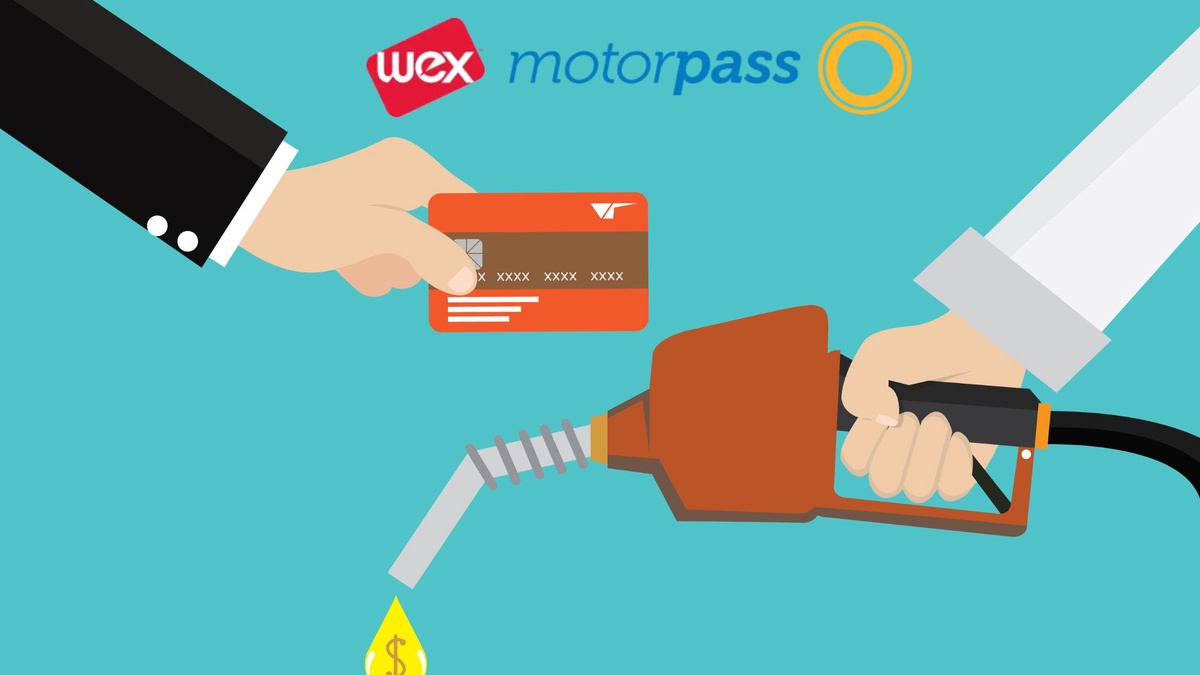In today's dynamic business landscape, where financial dexterity and precise expenditure management are paramount, enterprises continually seek streamlined solutions for maintaining fiscal control. Among the many challenges, one significant hurdle is effectively handling fuel expenses. As a solution to this, fuel cards have emerged as invaluable assets, presenting businesses with a seamless, cost-efficient method to oversee and regulate fuel purchases.
Within this comprehensive guide, we delve deeper into the pivotal role of fuel cards within businesses, offering a step-by-step elucidation on acquiring and optimising the use of these cards to streamline and fortify your business operations.
Throughout this extensive exploration, readers can anticipate gaining profound insights into the essence of fuel cards, the tailored advantages they present to small businesses, and a comprehensive roadmap for acquiring and proficiently managing fuel cards to meet diverse business requisites.
What are Fuel Cards?
Fuel cards, also known as fleet cards or Best business fuel cards, are specialised payment cards designed for businesses to cover fuel and maintenance expenses. Fuel companies or financial institutions typically issue these cards, specifically tailored to meet the unique needs of businesses with fleets or regular vehicle usage.
The benefits of using fuel cards for small businesses are manifold. From cost savings to enhanced financial control, fuel cards for businesses offer a range of advantages that can significantly impact a company's bottom line.

Benefits of Business Fuel Cards
1. Fuel Cost Savings
Businesses are always on the lookout for innovative ways to save money, and that's where business fuel cards come into play. These cards don't just offer a convenient way to pay for fuel; they open the door to significant cost savings. How? By providing discounted fuel rates, business fuel cards ensure that every gallon or litre you purchase contributes to your bottom line. Over time, these savings can add up to a substantial amount, making your business operations more financially efficient.
2. Financial Control
Understanding and managing expenses are crucial aspects of running a successful business. Business fuel cards empower businesses with a level of financial control that goes beyond the mere act of purchasing fuel. These cards provide a clear overview of your fuel expenditures by offering detailed transaction reports. This transparency enables businesses to track where their money is going, facilitating improved budgeting and financial planning. It's like having a financial GPS for your fuel-related expenses.
3. Streamlined Management
Administrative tasks can be a real headache for small businesses, especially when it comes to managing fuel expenses. Business fuel cards act as a remedy to this pain point by streamlining administrative tasks and reporting. Tracking and managing fuel expenditures become a breeze, reducing the administrative burden on businesses. This efficiency saves time and ensures businesses can focus more on their core operations rather than getting bogged down by paperwork.
4. Valuable Insights
Knowledge is power, and business fuel cards provide valuable insights into your fuel consumption patterns. These cards offer more than just a way to pay for fuel; they act as a tool for understanding your business's fuel habits. By analysing when and how much fuel is being used, businesses can make informed decisions about optimising routes, managing vehicle efficiency, and ultimately, further enhancing their overall operational efficiency. It's like having a map that guides you through the intricate landscape of your fuel consumption, allowing for strategic decision-making.
How to Get a Fuel Card for Your Business?
Researching available options and providers is the first step in obtaining a fuel card for your business. It's essential to explore the offerings of various fuel card providers to identify the best fit for your specific business requirements.
Understanding eligibility requirements and the application process is crucial. Different fuel card providers may have varying criteria for eligibility, and understanding these requirements beforehand can streamline the application process. Additionally, comparing features, fees, and rewards different fuel card providers offer can help businesses make informed decisions.
Choosing the Right Fuel Cards for Business Needs
When selecting a fuel card provider, there are several factors to consider. These may include network coverage, fuel station acceptance, additional services, and customer support. It's essential to assess these factors in alignment with your business's unique needs.
Customisation options and tailored solutions for specific business needs are increasingly offered by fuel card providers. Understanding the customisation options available can help businesses align the features of the card with their operational requirements.
Applying for a Fuel Card: Step-by-Step Guide
- The application process for business fuel cards typically involves several steps. These may include completing an application form, providing necessary business documentation, and agreeing to the terms and conditions set by the card issuer. A detailed breakdown of the application process can provide businesses with clarity and confidence when applying for a fuel card.
Tips for preparing necessary documentation can expedite the application process. Businesses can streamline the application process and minimise delays by ensuring all required documentation is available and in order.
Managing Your Business Fuel Cards Effectively
- Best practices for tracking expenses and monitoring fuel usage are essential for effectively managing business fuel cards. Implementing robust tracking mechanisms and adopting efficient fuel usage monitoring practices can lead to optimised cost management.
Utilising reporting tools and analytics provided by the card issuer is a valuable resource for businesses. These tools offer insights into fuel consumption patterns, transaction details, and other data that can inform strategic decision-making.
Conclusion
In conclusion, this comprehensive guide is a valuable resource for businesses seeking to understand, obtain, and effectively utilise business fuel cards to optimise their operations. By following the steps outlined in this guide, businesses can confidently acquire fuel cards and make informed decisions that align with their specific needs and goals. With the proper fuel card in place, businesses can gain a competitive edge and achieve greater control over their fuel-related expenses.


No comments yet